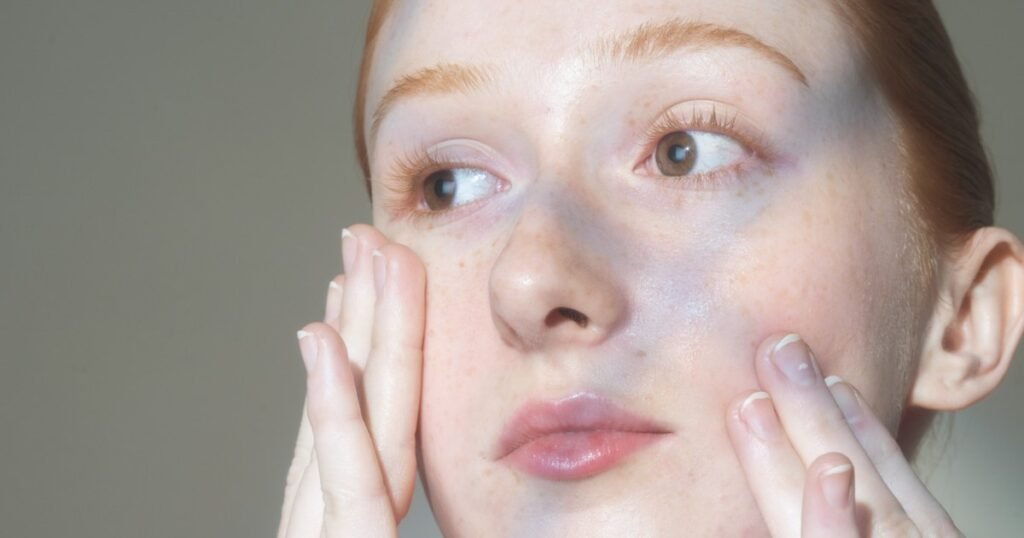Understanding and Treating Teen Acne: A Comprehensive Guide
Teenagers often face a unique set of challenges, from academic pressures to hormonal fluctuations, one of which is the common occurrence of acne. This skin condition affects around 80% of individuals between the ages of 11 and 30, as reported by the National Institutes of Health. Beyond the physical aspects, acne can significantly impact self-esteem, contributing to increased levels of anxiety and depression. Thankfully, effective treatments are available.
How to Combat Teen Acne
When it comes to tackling acne, understanding its underlying causes—ranging from hormonal changes to stress—is vital. Here are actionable steps to treat teen acne effectively:
1. Establish a Gentle Cleansing Routine
Daily Face Washing: Dermatologists recommend washing your face at least twice a day, especially if your skin is oily or prone to dirt buildup from activities like exercise.
- Non-Comedogenic Products: Always opt for cleansers labeled non-comedogenic to avoid clogging pores.
- Acne-Fighting Ingredients: Look for products with salicylic acid, benzoyl peroxide, or glycolic acid, which are effective in treating breakouts (Cleveland Clinic).
2. Spot Treatments for Breakouts
For sudden breakouts, targeted treatments can be very effective:
- Benzoyl Peroxide: This topical treatment kills acne-causing bacteria and reduces inflammation. An example is Neutrogena’s Rapid Clear Stubborn Acne Spot Treatment, which includes 10% benzoyl peroxide.
- Salicylic Acid: Great for early-stage pimples, this ingredient helps exfoliate and reduce the inflammation of acne. Consider products like Mario Badescu’s Drying Lotion for fast results.
3. Incorporate Retinoids
Retinoids, derived from Vitamin A, are powerful for unclogging pores and increasing cell turnover:
- Over-the-Counter Options: Adapalene (found in products like Differin Gel) is effective yet gentle enough for daily use. Start by applying it once a week and increase as your skin builds tolerance.
4. Exfoliation
Gentle exfoliation can help prevent breakouts:
- Chemical Exfoliants: Use non-abrasive options like alpha hydroxy acids (such as glycolic and lactic acid) and salicylic acid to aid in skin renewal.
- Avoid Harsh Scrubs: Avoid physical scrubs as they can irritate the skin further and exacerbate acne.
5. Essential Ingredients to Look For
Focus on these key ingredients when choosing acne treatments:
- Salicylic Acid: Exfoliates and unclogs pores.
- Benzoyl Peroxide: Antibacterial and anti-inflammatory properties.
- Retinoids: Improve cell turnover and prevent new breakouts.
- Gentle Exfoliants: Non-abrasive solutions that can help clear acne.
Expert-Recommended Acne Products
Here are some of the best products for treating teen acne:
Best Spot Treatments
- Neutrogena Rapid Clear Stubborn Acne Spot Treatment: Contains benzoyl peroxide to eliminate acne in just hours.
- Mario Badescu Drying Lotion: Effective for quick drying of pimples with salicylic acid and calamine.
Best Retinoids
- Differin Gel (Adapalene 0.1%): Helps reduce inflammation and prevents new pimples from forming.
- La Roche-Posay Effaclar Adapalene Gel: Regulates skin cell turnover and combats severe acne.
Best Cleansers
- Neutrogena Oil-Free Acne Wash: Contains 2% salicylic acid for problematic skin.
- CeraVe Foaming Facial Cleanser: Loaded with ceramides and hyaluronic acid to maintain skin hydration while fighting acne.
Additional Tips for Managing Acne
- Avoid Popping Pimples: Squeezing can lead to scarring and more inflammation.
- Be Consistent: Treatments may take time. Sticking with your skincare routine is essential for visible results.
Frequently Asked Questions
-
What causes teen acne?
Acne is primarily caused by hormonal fluctuations that increase oil production, which then clogs pores. This increased oil together with dead skin cells can result in breakouts. -
How can you tell if acne is bacterial or hormonal?
All acne has both aspects. Hormones may trigger excess oil production, while bacteria thrive on this oil, causing inflammation. - When should you consult a dermatologist?
If acne is severe or doesn’t respond to standard treatments, it’s time to seek professional help, which may involve prescription medications.
Conclusion
Teen acne can be distressing, but with the right knowledge and products, managing it effectively is possible. Establishing a gentle, consistent skincare routine that incorporates powerful, proven ingredients is crucial for achieving clearer skin. Becoming familiar with what works and understanding how to treat your unique skin will help you overcome this common challenge. For a deeper dive into acne management, consider consulting with a dermatologist who can guide you on personalized treatment options.


